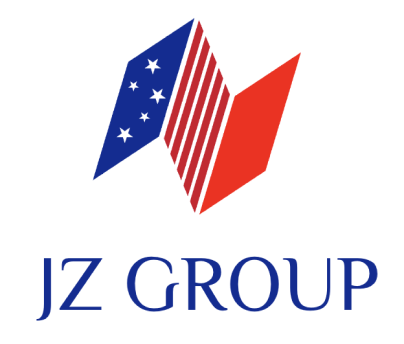How does a hard money loan work?
A hard money loan is a short-term loan that can be used to purchase commercial or investment properties. It’s also called a bridge loan and is typically secured by property (which means any default on the loan payments could result in the lender seizing your property). Unlike traditional loans, hard money loans aren’t funded by banks; instead, private investors and companies typically foot the bill.
The main borrowers of hard money loans are people who want to purchase an investment property to buy and sell, for instance. Hard money loan lenders may check your credit score, but they also consider the value of the property you’re purchasing (remember that this type of loan must be secured by the property).
The repayment period of a hard money loan typically lasts from six months to a few years since it’s meant to be a short-term loan; traditional mortgages, by contrast, usually have repayment terms between 15 and 30 years. In other words, you’ll need to be certain of your ability to pay back the loan quickly before taking one on.
The interest rate on these loans is also usually much higher than that of a traditional mortgage. You’ll also likely make a significantly larger down payment at 20%–35% of the property’s value or its after repair value (ARV).
Lenders justify these expenses because, for the most part, hard money loans are easier for borrowers to qualify for and are processed quicker than traditional mortgage loans (meaning the lender takes on more risk). The turnaround time on a hard money loan, for example, usually happens in a few weeks compared to the months it can take for traditional mortgages to be buttoned up.

